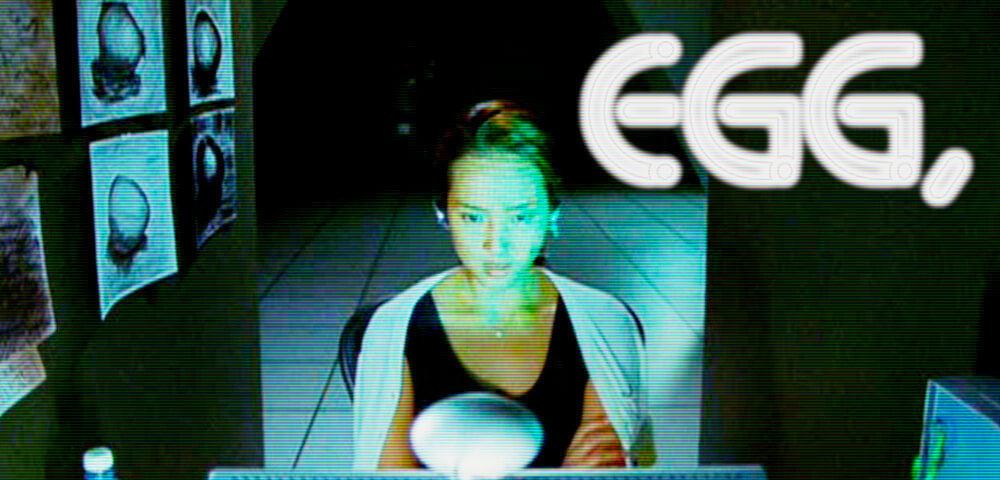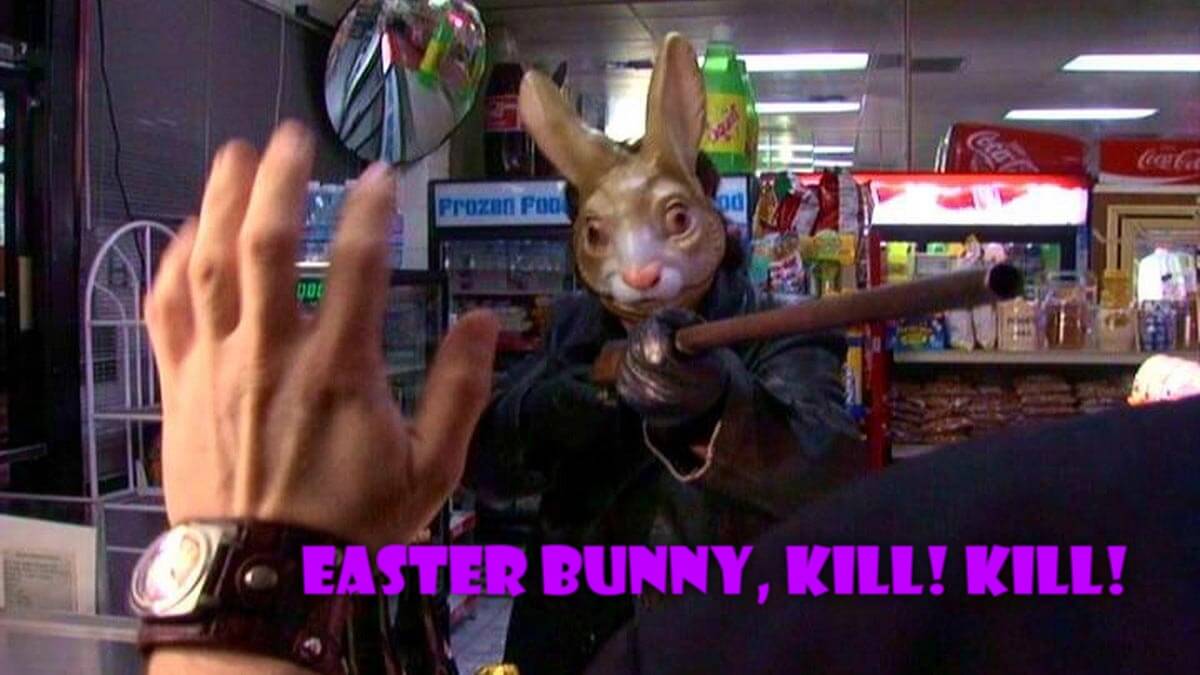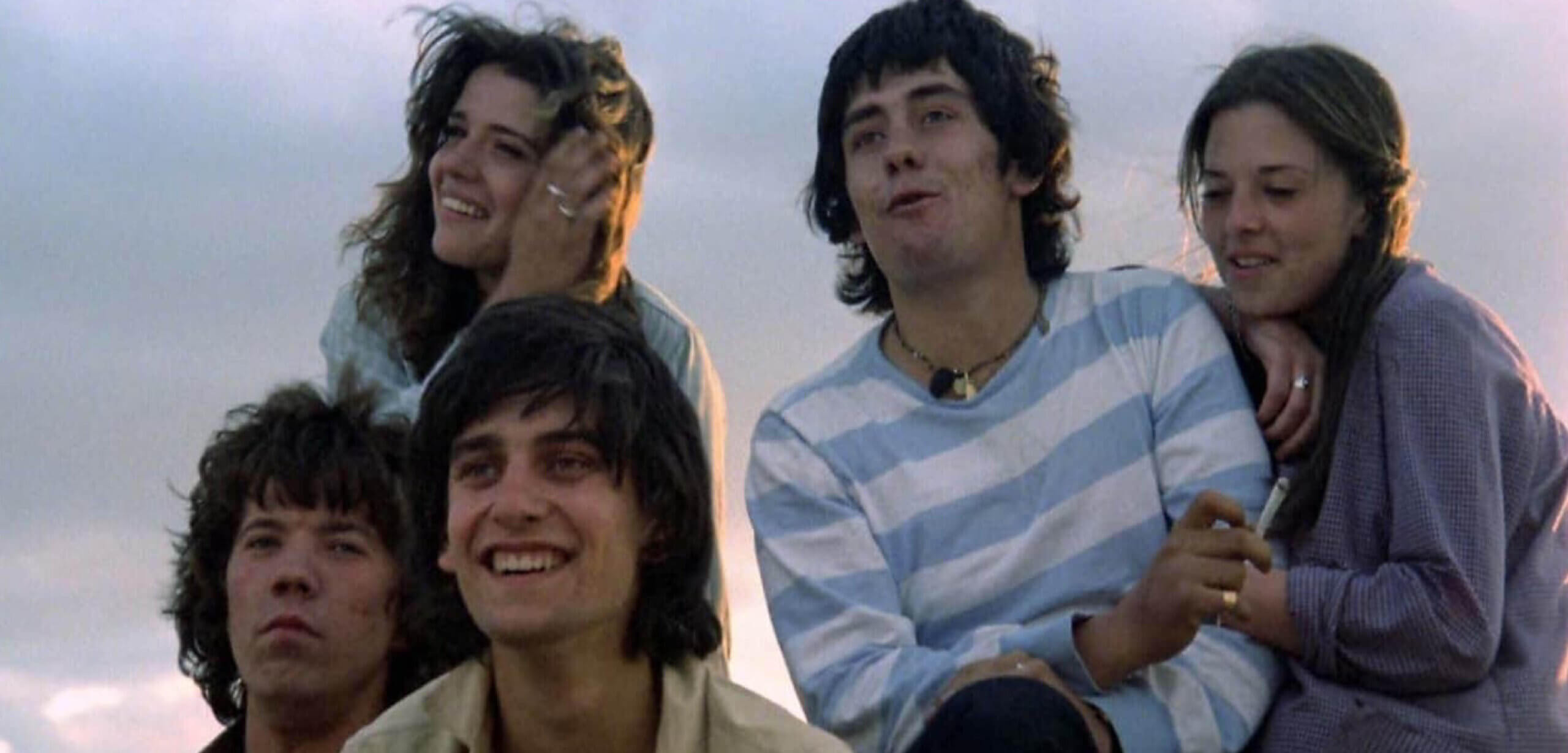
Click here for an English-language version of this page.
En 1975, tras casi cuatro décadas de dictadura franquista, España inicia la transición hacia la democracia. La “Movida Madrileña” es popularmente aclamado como el mayor movimiento cultural de la época y habla a la libertad creativa de la recién florecida democracia.
El radical cambio de la represión a la revolución contracultural, los principales factores dejaron secuelas nefastas en la periferia precaria de las grandes ciudades: enfermedades de transmisión sexual, delincuencia juvenil y drogadicción.
Este fenómeno fue ficcionalizado en el cine por directores de la talla de José Antonio de la Loma y Eloy de la Iglesia, quienes seleccionaban a delincuentes reales, menores de edad, de las calles de los barrios deprimidos y crearon narrativas alternativas, en lo que se conocería como “Cine Quinqui”. El término “Quinqui” daba voz a una juventud intrépida que robaba y mataba (si era necesario) para ganarse la vida, cayendo en el círculo vicioso de la justicia penal provocado por un sistema legal fallido.
La banda sonora de esta lucha, tanto dentro como fuera del cine, tenía forma de la “Rumba Catalana” o revolución flamenca del rock gitano. Estos sonidos guían las vidas sin rumbo de los personajes de DEPRISA, DEPRISA de Carlos Saura (tristemente fallecido el mes pasado), y YO, EL VAQUILLA de José Antonio de La Loma y José Antonio de la Loma Jr – las dos primeras selecciones de nuestro somero repaso al Cine Quinqui de los ’80s. En su estudio de la delincuencia y la marginalidad, estas películas son indicativas de la coja transición de España a la democracia.
Décadas más tarde, en 2008, el estallido inmobiliario provocó una de las crisis financieras más pronunciadas de España, y uno de sus resultados más hirientes fue el desempleo juvenil. En 2010, Yung Beef, el “padre del trap” en España, lanzó su primera canción, en la que rapeaba sobre su vida como narcotraficante, su éxito con las mujeres y se comparaba con El Pirri, uno de los delincuentes más (in)famosos que De la Iglesia filmó. El trap en España se convertiría en mucho más que un género musical concreto, se convertiría en un movimiento, como la propia “Movida Madrileña”, donde jóvenes artistas, llenos de rabia y voz, creaban música en géneros completamente polares bajo una misma escena.
Todo esto llevó al renacimiento de la estética “Quinqui”, ahora rebautizada como “Neo-Quinqui”. A la vanguardia de esta reinvención cultural se sitúa Carlos Salado, cuya ópera prima CRIANDO RATAS acumuló millones de visitas en YouTube y marcó el interés generalizado por la representación que hace el Cine Quinqui de la precariedad económica, sexual y relacionada con las drogas en la España actual. Aunque estas representaciones artísticas de vidas sumidas en la indigencia han sido duramente criticadas durante décadas, siguen siendo representativas de identidades culturales construidas en respuesta a las deficiencias del gobierno generación tras generación.
Para inaugurar el Ciclo Quinqui, NYU KJCC presentará una conversación entre el director Carlos Salado y co-productora Casilda García López. Para más información, visite el siguiente link.
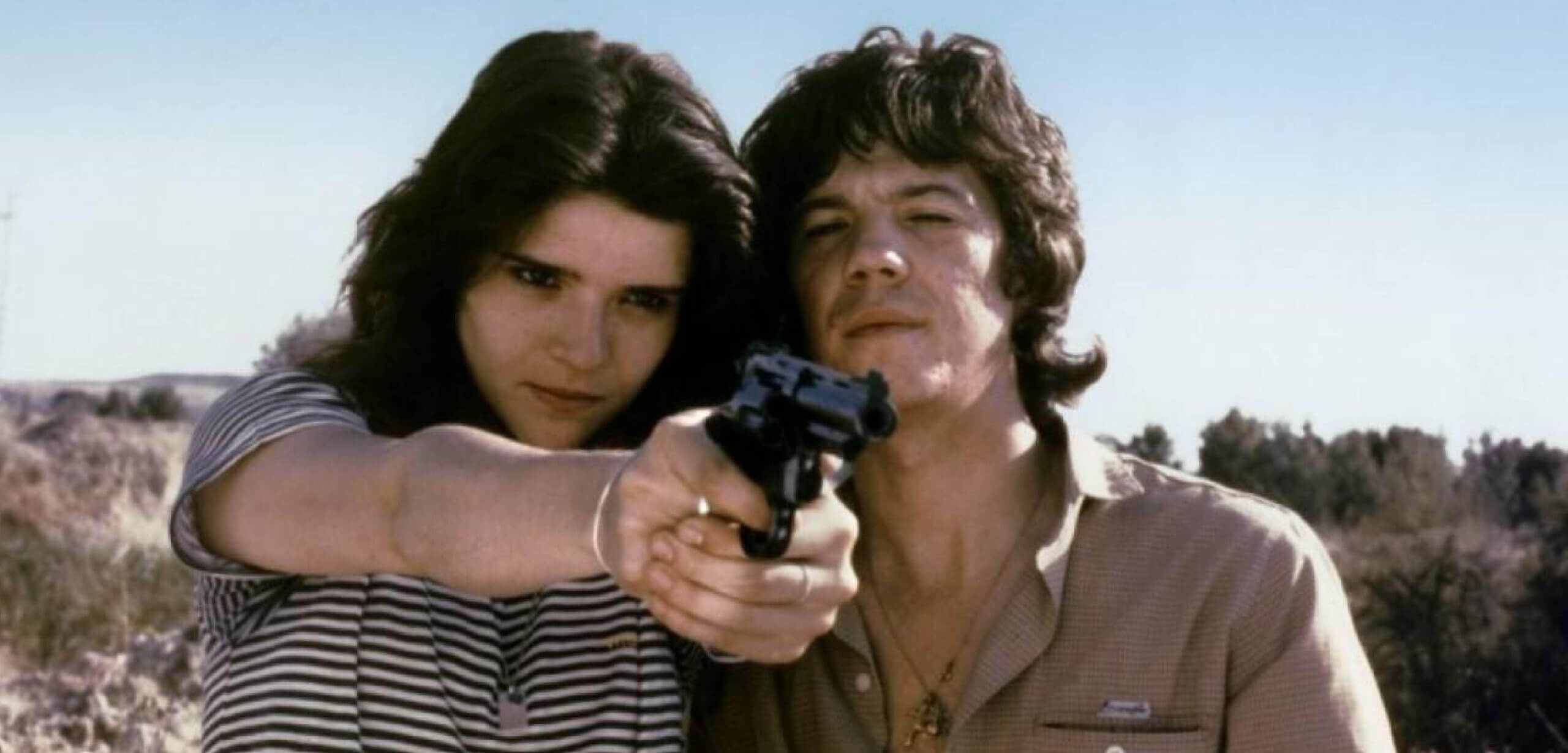
DEPRISA, DEPRISA
dir. Carlos Saura, 1981
España. 139 min.
En español con subtítulos en inglés.
LUNES, 3 DE ABRIL – 7:30 PM
MIÉRCOLES, 12 DE ABRIL – 7:30 PM
MARTES, 18 DE ABRIL – 7:30 PM
SÁBADO, 29 DE ABRIL – 5 PM
¡CONSIGUE TUS ENTRADAS!
DEPRISA, DEPRISA (1981) traza el incipiente romance entre Pablo, un descontento ladrón adolescente, y Ángela, una joven e intrépida camarera, en una vertiginosa vida de delincuencia. Dirigida por el recientemente fallecido Carlos Saura, cuyas películas encarnaron con perspicacia la frustración latente en toda España durante su transición a la democracia. DEPRISA, DEPRISA ganó el Oso de Oro en la Berlinale de 1981, y destaca como una de las obras más realistas y conmovedoras del maestro cineasta. La banda sonora flamenca sirve de motor de la película, con emocionantes escenas al ritmo de artistas como Lole y Manuel y Los Chunguitos..
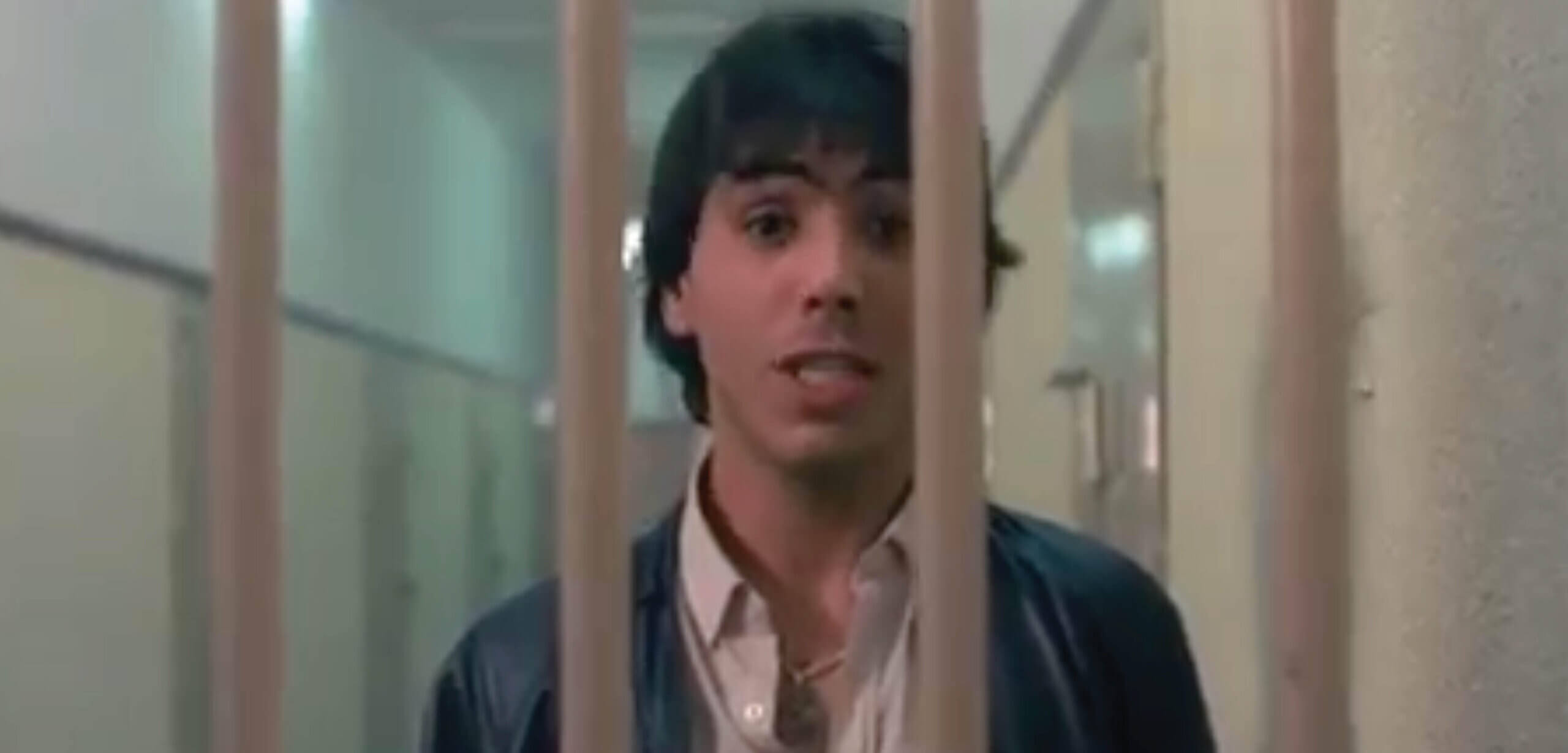
YO, ‘EL VAQUILLA’
dir. José Antonio de la Loma & José Antonio de la Loma Jr., 1985
España. 104 mins.
En español con subtítulos en inglés.
MIÉRCOLES, 5 DE ABRIL – 7:30 PM
MARTES, 11 DE ABRIL – 7:30 PM
LUNES, 24 DE ABRIL – 10 PM
SÁBADO, 29 DE ABRIL – 7:30 PM
¡CONSIGUE TUS ENTRADAS!
Basada en la vida de Juan José Moreno Cuenca (alias “El Vaquilla”), quien hace una breve aparición en la película, YO, EL VAQUILLA narra la historia criminal de uno de los delincuentes españoles más famosos de los años setenta. Tras el éxito de la trilogía PERROS CALLEJEROS de José Antonio de la Loma – una serie de películas que se hicieron populares por su fastuosa ficcionalización de la cultura quinqui – esta colaboración con su hijo ve al famoso cineasta español acercarse más a la realidad, construyendo un caso contra las injusticias institucionales desde la perspectiva de su anti héroe epónimo.
En cierto modo, la película podría considerarse un éxito para “El Vaquilla”, ya que la adaptación ayudó a crear una perspectiva más compasiva hacia las personas atrapadas en circunstancias similares a las de su protagonista. La popularidad de la película también se refleja en su banda sonora, compuesta por Los Chichos, un clásico de la “Rumba Canalla” que llevó al grupo a actuar por todo el país, incluso ante los presos del Penal de Ocaña desde donde “El Vaquilla” cuenta su vida en la película.
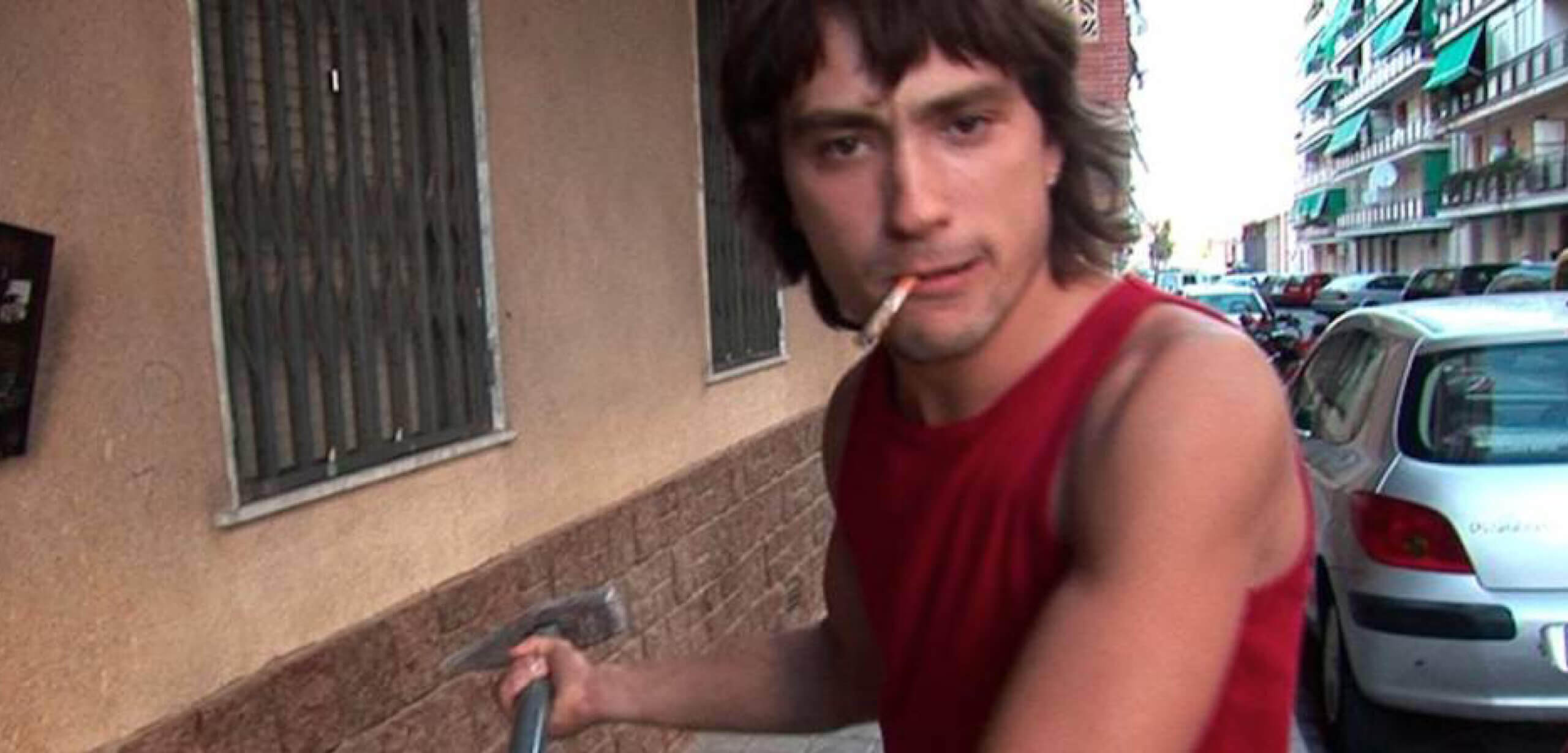
CRIANDO RATAS
dir. Carlos Salado, 2016
España. 80 mins.
En español con subtítulos en inglés.
MARTES, 4 DE ABRIL – 7:30 PM con preguntas y respuestas (Este evento cuesta $10)
LUNES, 17 DE ABRIL – 10 PM
JUEVES, 27 DE ABRIL – 7:30 PM
BOLETOS DE ADMISIÓN GENERAL
BOLETOS DE EVENTOS ESPECIALES (MARTES, 4 DE ABRIL)
Con un humilde presupuesto de 5.000 euros y un reparto formado por los vecinos de los barrios más marginales de Alicante, Carlos rodó el film de forma interrumpida durante seis años. La producción tuvo que detenerse tras el encarcelamiento de El Cristo, el actor principal de la película, durante dos años, y finalmente se terminó y se convirtió en un éxito en YouTube, alabada tanto por la crítica como por el público en general.
Proyección con:
YO ME DROGO
dir. Carlos Salado, 2022
España. 11 mins.
En español con subtítulos en inglés.
Tras el éxito de CRIANDO RATAS, Salado ha pasado a colaborar con populares músicos españoles, realizando obras cortas que difuminan la línea entre los vídeos musicales y los cortometrajes. Éstos le han permitido ampliar el mundo de su película revelación, ofreciendo visiones alternativas de dónde podría haber acabado Cristo tras su final. En YO ME DROGO, Cristo se ve envuelto en una trama de drogas marcada por una estruendosa partitura flamenca de Uña y Carne. Sus cualidades sombrías y contundentes personifican el estilo de Salado.

CASILDA GARCÍA LÓPEZ es una Productora Creativa madrileña que reside en Brooklyn. Con tan sólo 20 años, Casilda se graduó de Tisch School of the Arts en la Universidad de Nueva York (NYU) con una licenciatura en Cine y TV y especialización en Español y BEMT (Business for Entertainment, Media, and Technology). García López siente una profunda pasión por las culturas hispanas entrevistando a figuras destacadas del panorama español como el filósofo Ernesto Castro, el (ex)flamenco Niño de Elche y el icono electro-queer Samantha Hudson. Tras haber trabajado profesionalmente en desarrollo, adquisiciones y producción en campañas multicontenido de amplios presupuestos, anhela participar en contenidos visual e intelectualmente estimulantes desde su concepción creativa hasta su entrega final. Como ganadora del Premio de Poesía Joven León Felipe de Madrid, Casilda cree que todo arte verdadero es, de una forma u otra, poesía.
Coproducido por Casilda García y el Centro Rey Juan Carlos I de España de la Universidad de Nueva York. Esta serie se presenta en colaboración con NYU KJCC, una institución cultural con sede en Nueva York que promueve la investigación y la educación sobre el mundo hispanohablante.
Un agradecimiento especial a Casilda García, la Directora del NYU KJCC Jordana Mendelson, la Directora Asociada del NYU KJCC Laura Turegano, Brian Beloverac de Janus Films, Rosa Quejia de A ContraCorriente Films, Albert Tercero y Carlos Salado.

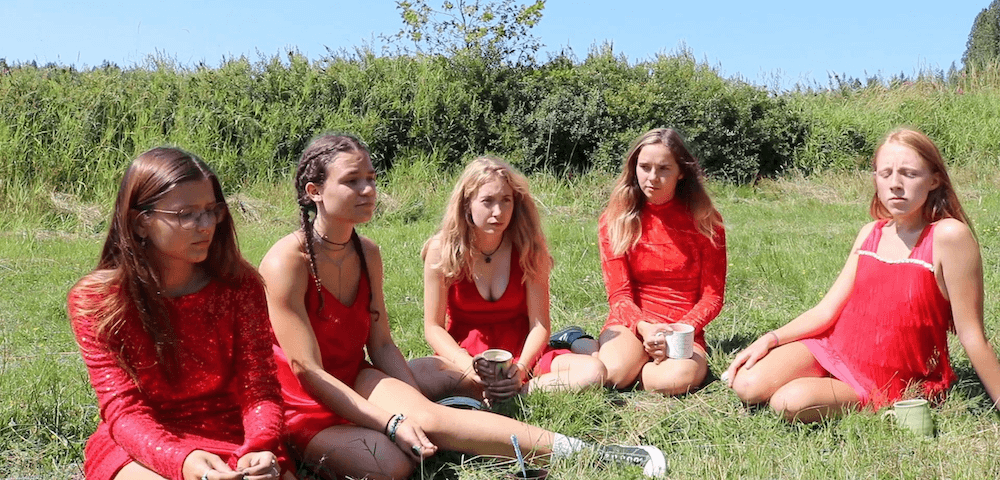
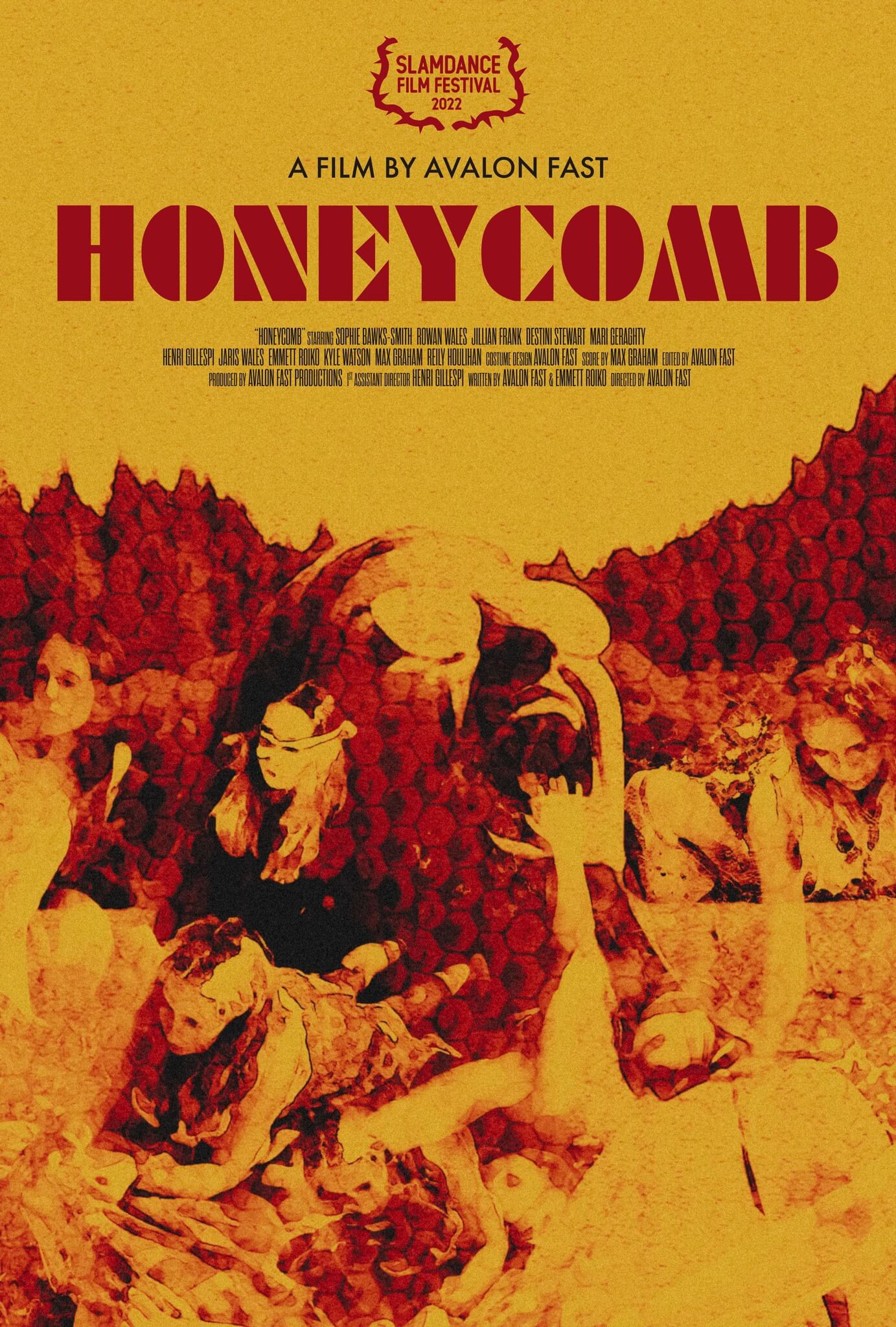

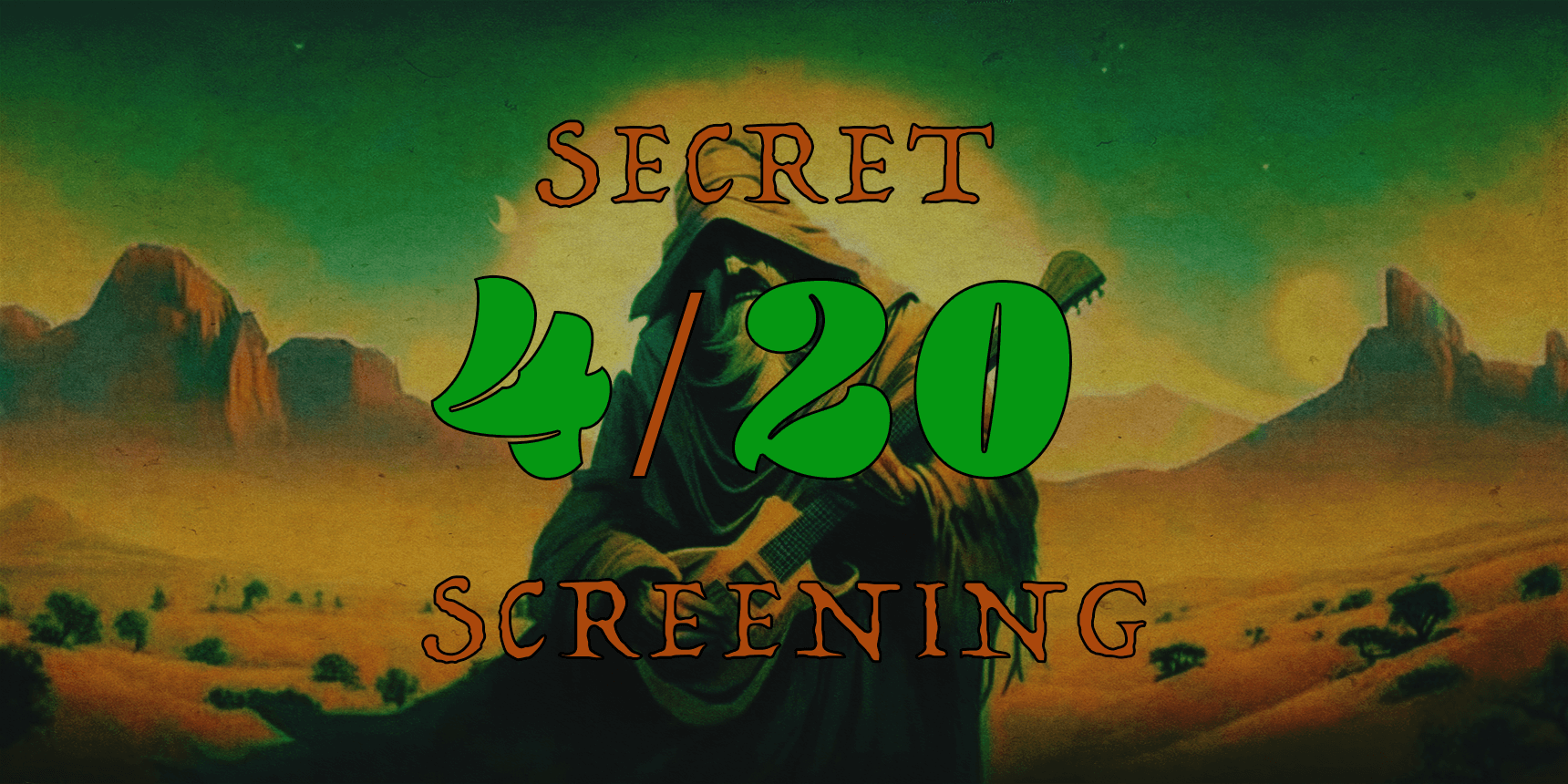
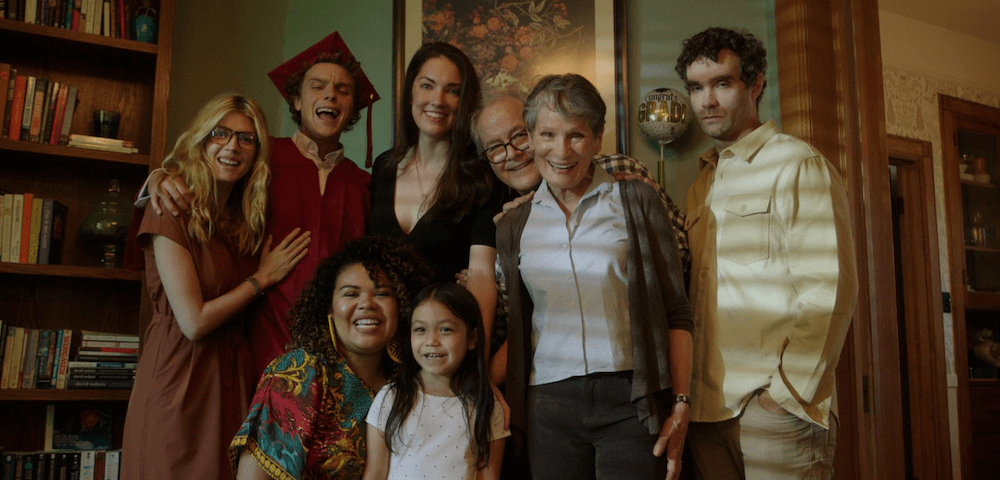
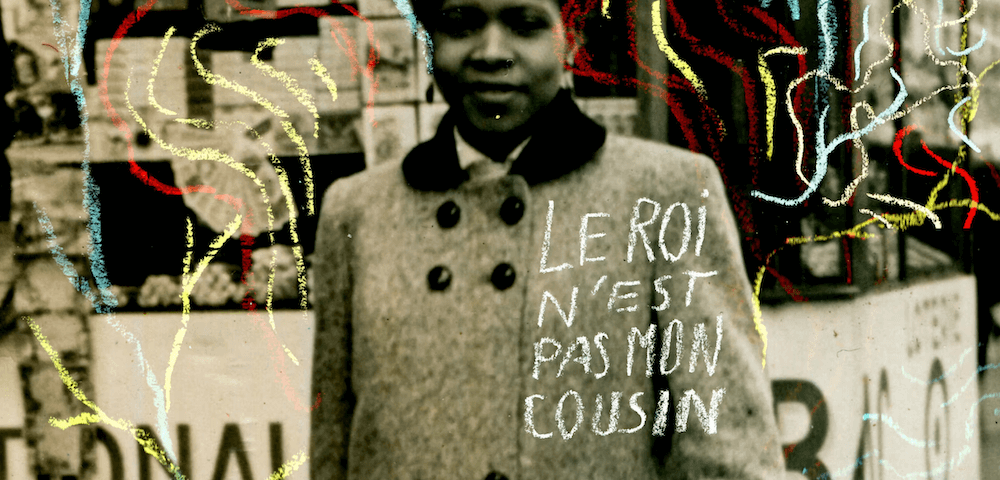

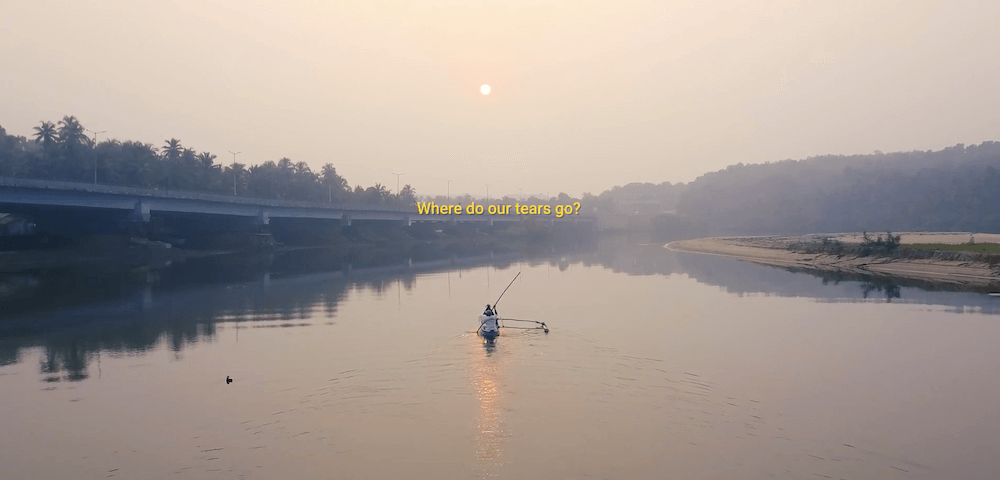






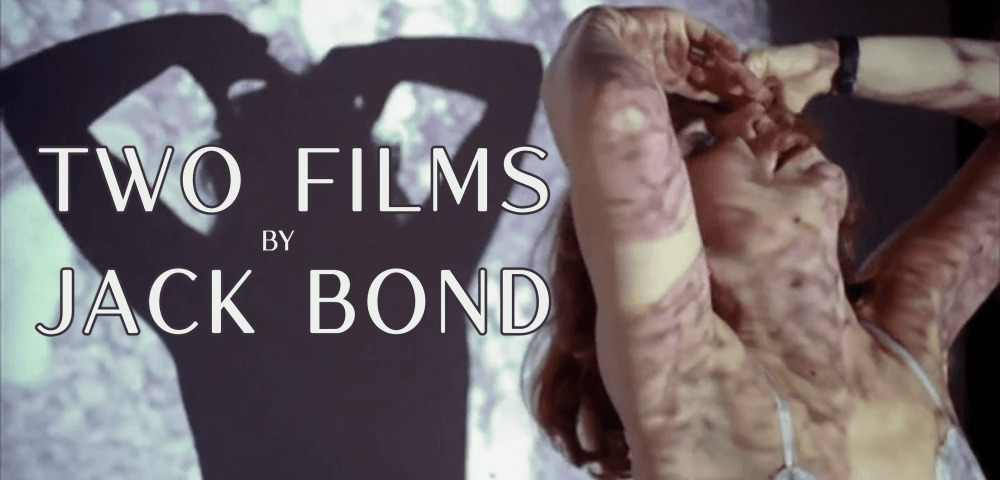
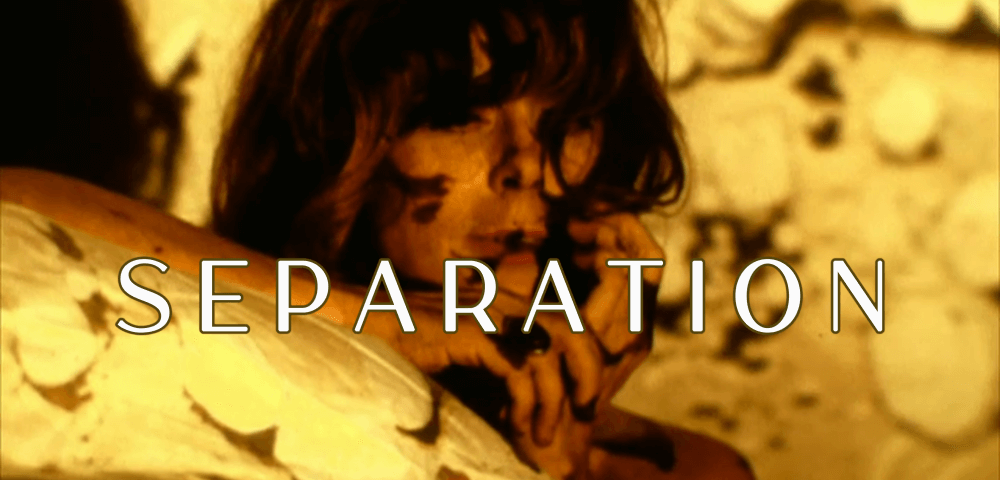
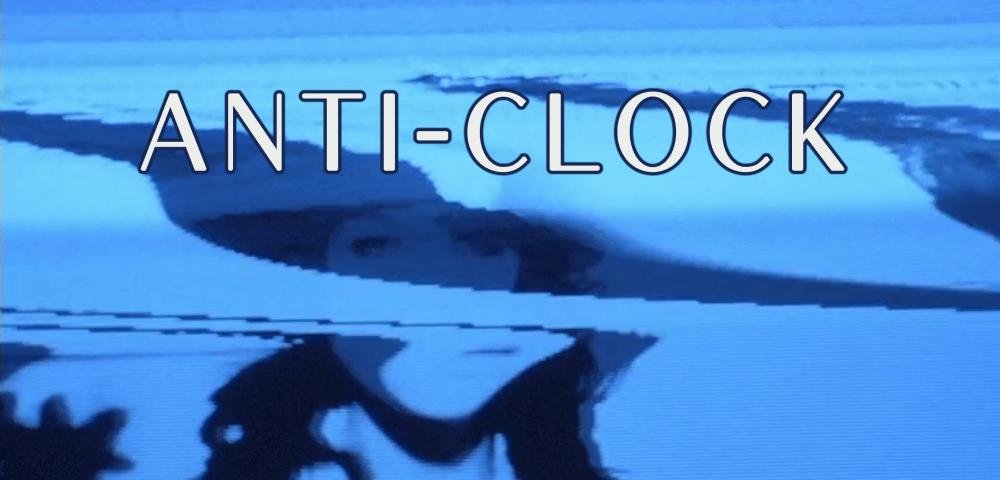
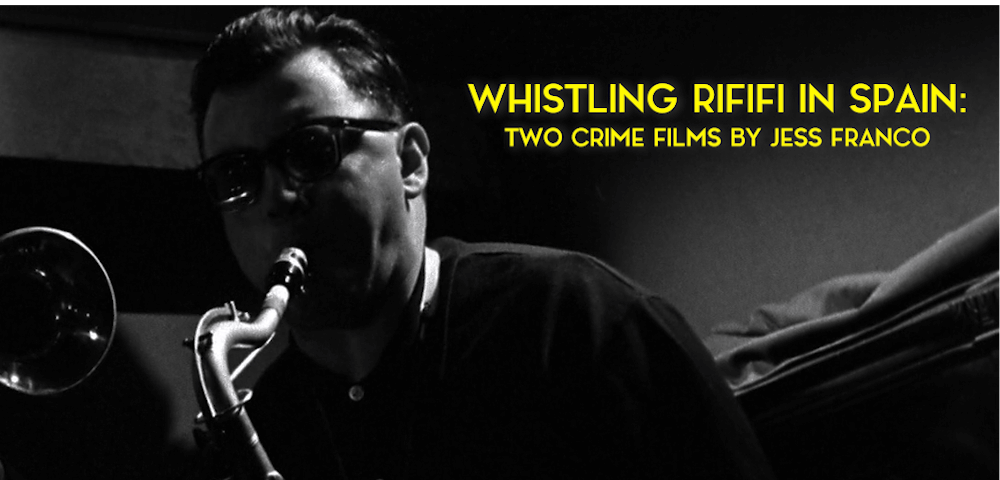
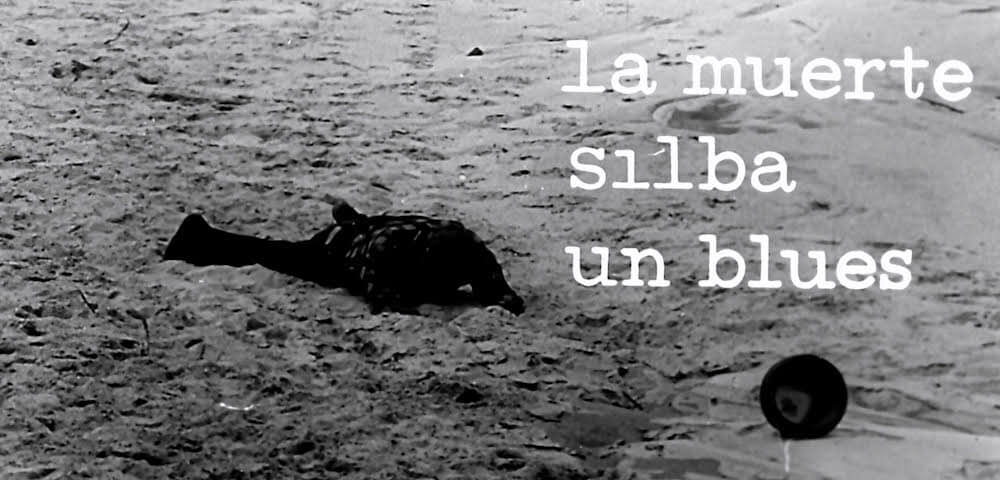
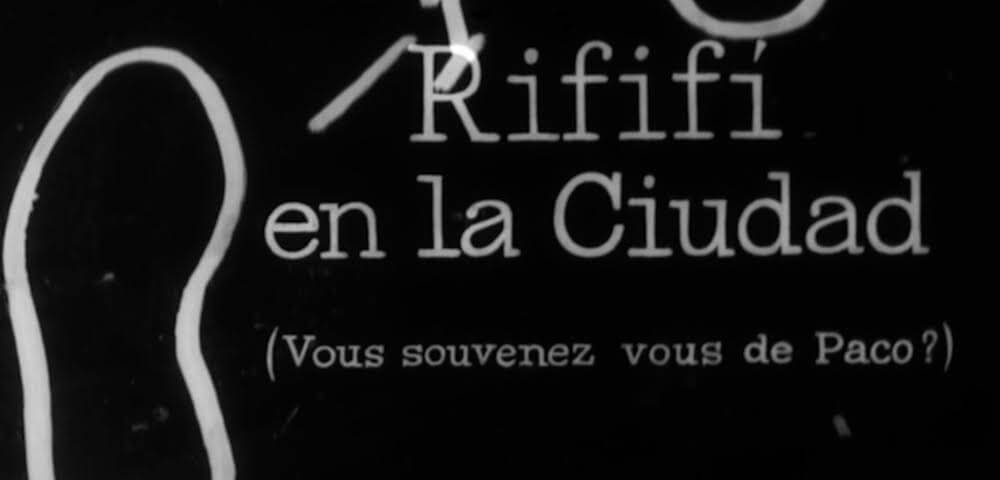
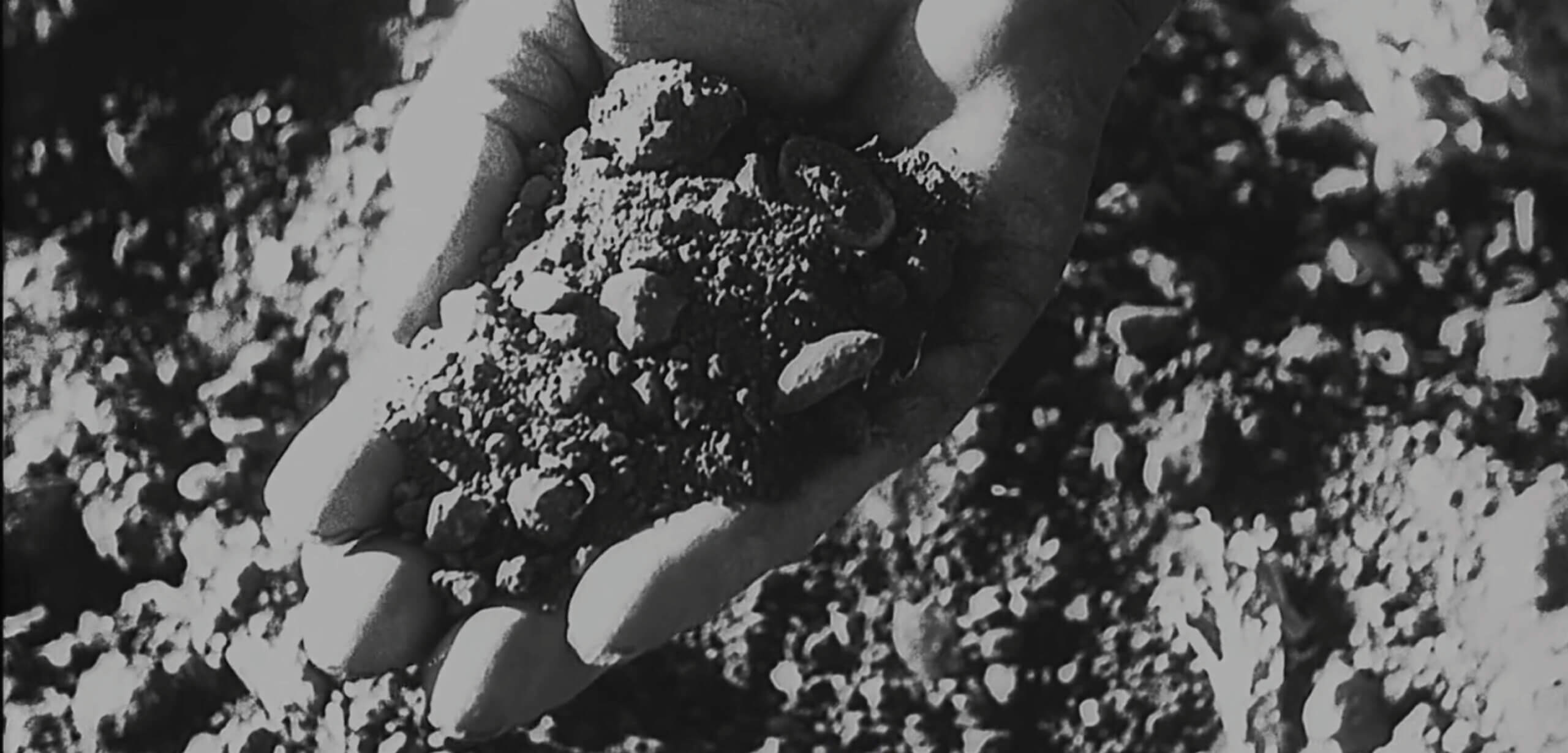
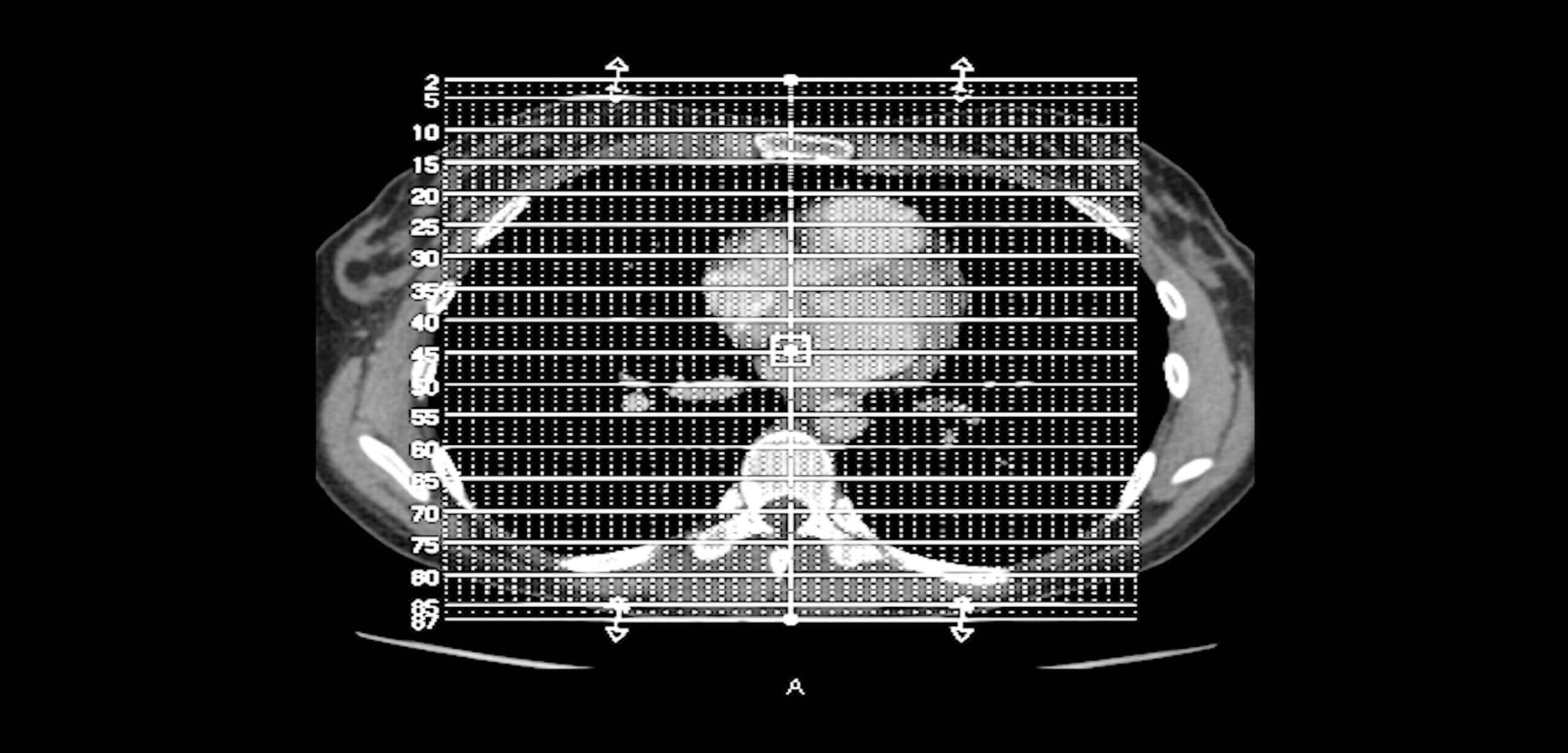
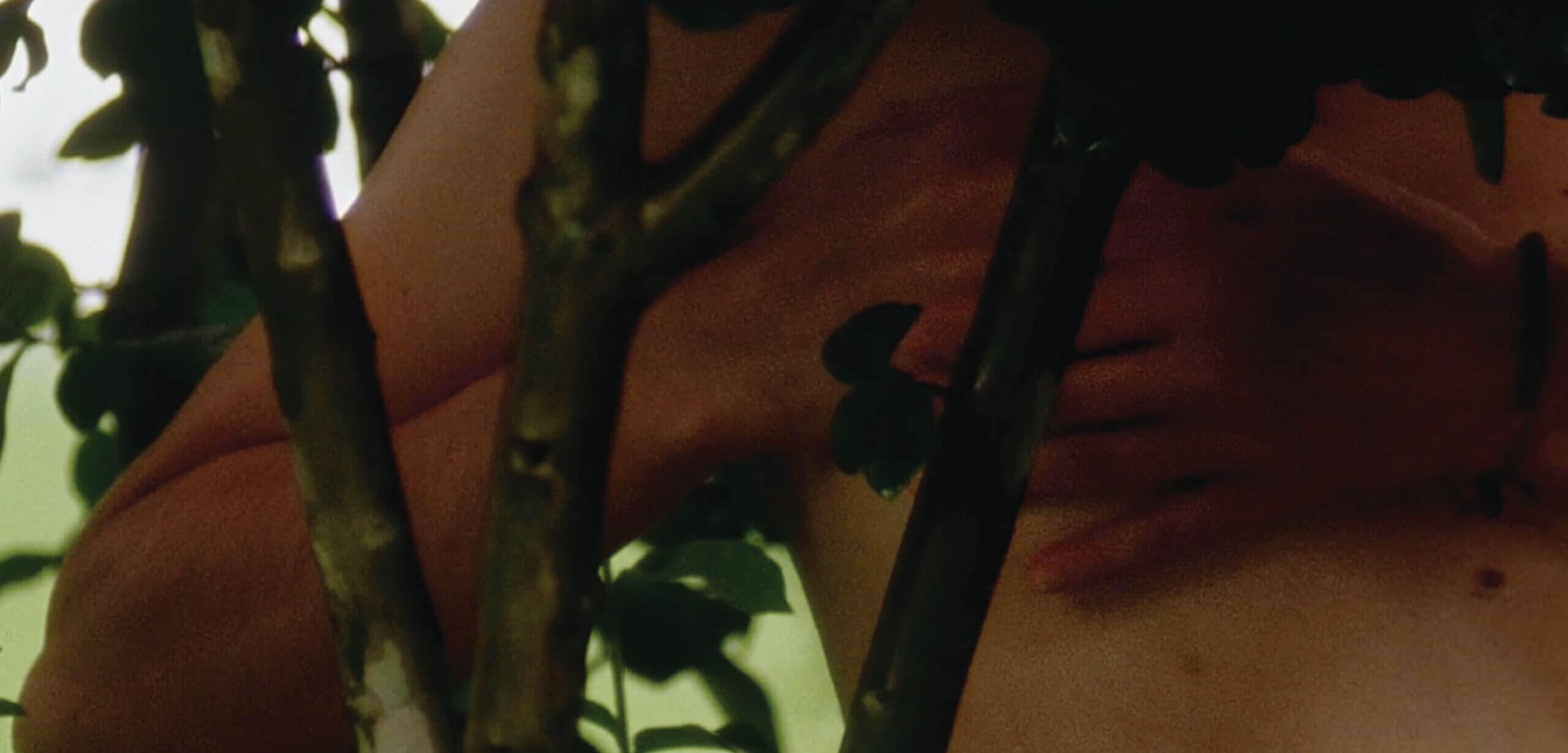
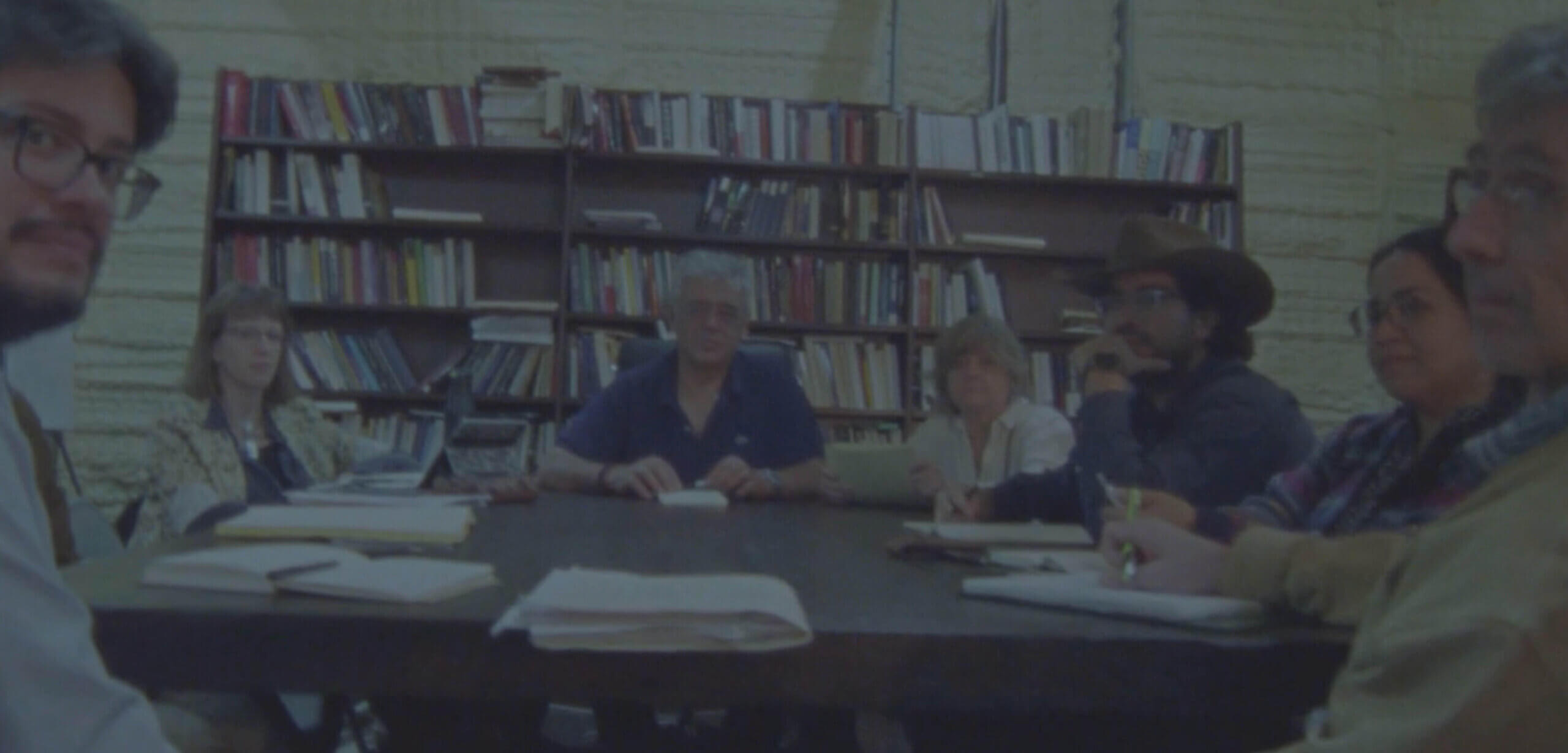
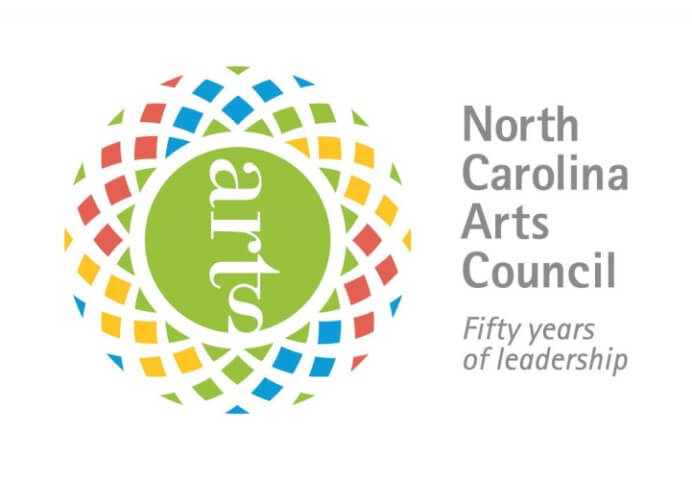 <style=”text-indent: 25px;”>
<style=”text-indent: 25px;”>
